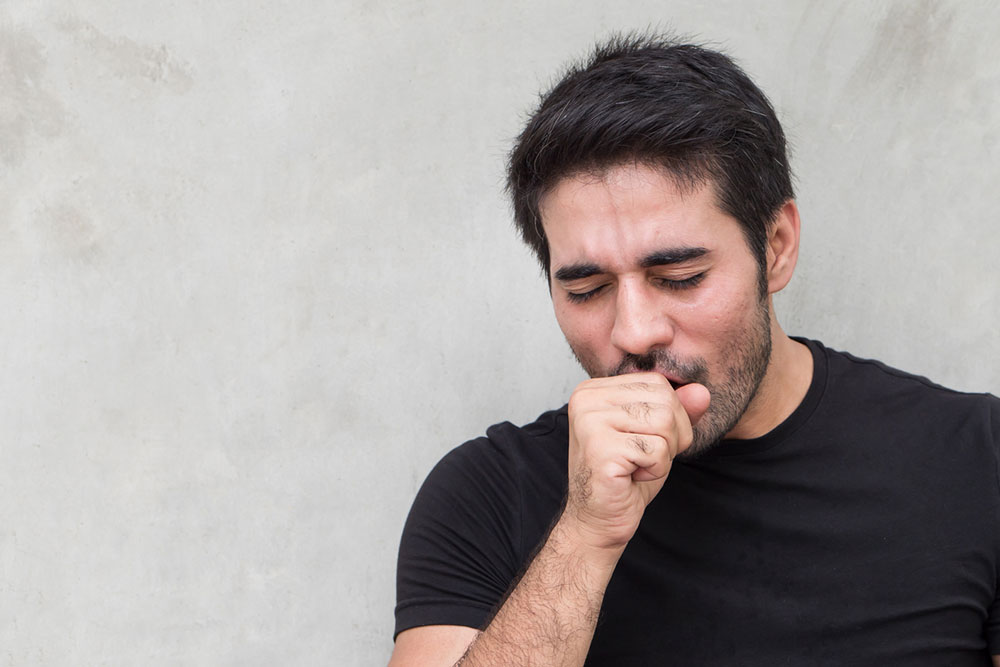
5 Warning Signs of Lung Cancer
According to the World Cancer Research Fund International, lung cancer is the second most common cancer in the world. It is also the most common cancer observed in men and the second most common cancer among women. The condition can be managed if one gets an early diagnosis, for which, one should recognize warning signs by watching out for unusual changes in their body. So, here are a few common warning signs of lung cancer:
1. Breathing issues and chest pain
One may experience shortness of breath even without engaging in high-intensity exercises. Additionally, one may experience wheezing. A chest pain that worsens with coughing, deep breathing, or laughing may even develop as an early sign.
2. Persistent cough
A persistent cough keeps getting worse and does not respond to regular cough treatments is a common warning sign of lung cancer. As a result, one may experience hoarseness. Further, one may even cough up blood and observe rust-colored spit or phlegm. Further, one may notice recurring infections like bronchitis or pneumonia that worsen the breathing issues and cough.
3. Tiredness and weakness
A key sign of progressing lung cancer is loss of appetite, which can make one feel weak and tired all the time. When the cancer cells spread to the brain, they start affecting the nervous system, causing symptoms like headaches, numbness or weakness in the arms or legs, dizziness, balance issues, and seizures.
4. Horner syndrome
Lung cancer can also result in syndromes—a group of specific symptoms. Horner syndrome develops when cancer affects the upper portion of the lungs. Also called a Pancoast tumor, here the nerves leading up to the eye and other parts of the face are affected. These tumors are likely to be characterized as non-small cell lung cancer. Some symptoms of cancer in this area are a drooping or weak upper eyelid, a smaller pupil in the affected eye, and limited or no sweating on the affected part of the face.
5. Superior vena cava syndrome
The superior vena cava is a vein that carries blood from the head and arms to the heart. As it passes next to the right lung and lymph nodes inside the chest, tumors in this area can press on this vein, restricting its blood flow. When this happens, the arms, face, neck, and upper chest can become swollen. In some cases, this syndrome also causes headaches, dizziness, and changes in consciousness (if the restricted blood flow has affected the brain).
The cancer can also cause paraneoplastic syndrome, which affects distant tissues and organs. Here, certain lung cancers produce a hormone-like substance that enters the bloodstream. In some cases, these syndromes can be warning signs of lung cancer, so they should be examined by a doctor. Additionally, if cancer spreads to other parts of the body, it can cause pain and swelling in the affected regions. For instance, one may experience bone pain in their hips or back. Whereas, cancer cells in and around the neck can cause swelling of the lymph nodes. Further, cancer cells spreading to the liver cause jaundice, a condition in which the skin and eyes take on a yellow color.



